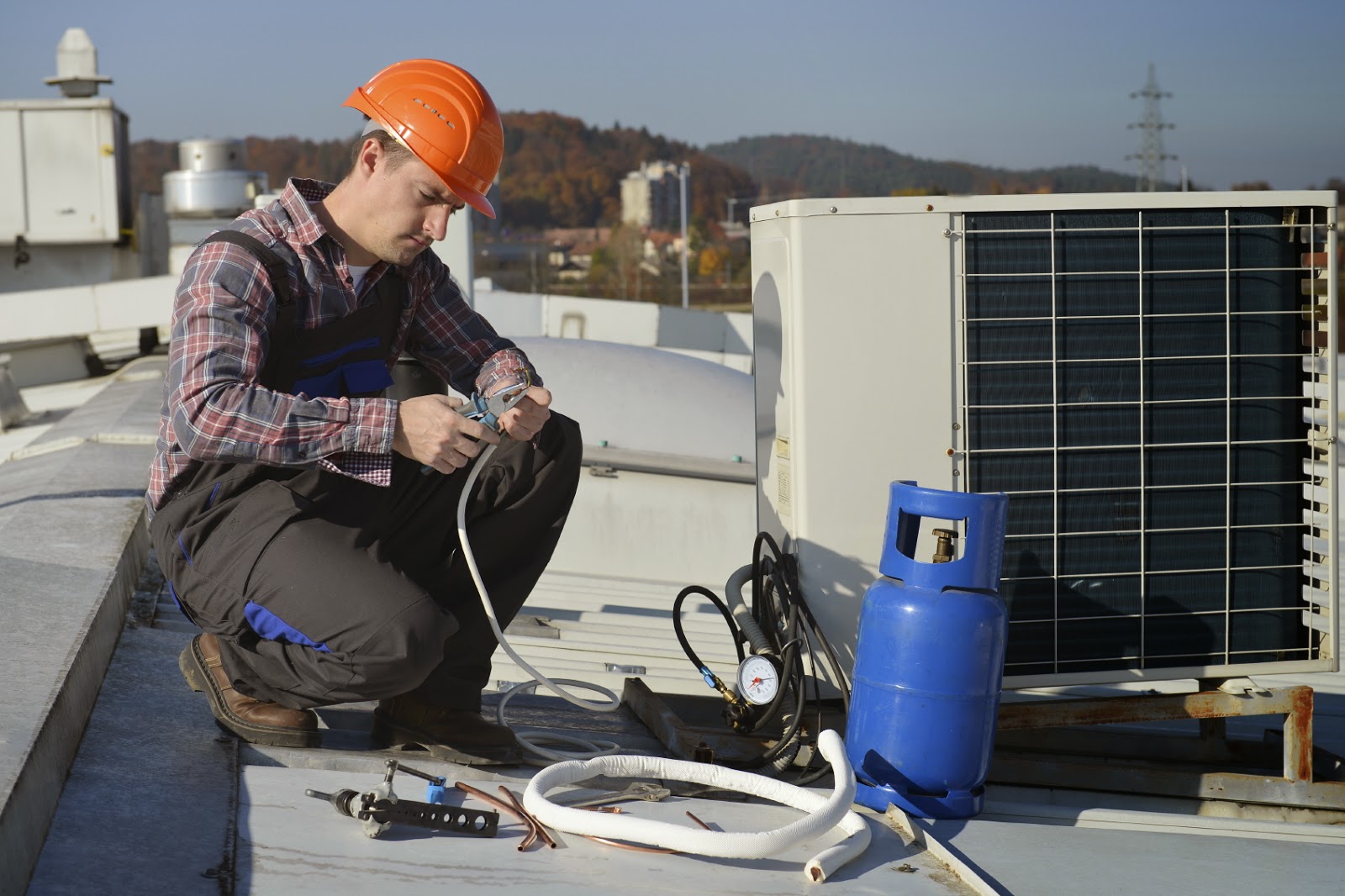When
it comes to running a business, there are little mistakes … and then there are
BIG mistakes that hit you right where it hurts the most: your bottom line. Its
easy to do little maintenance items to try and keep things running as
efficiently and as low cost as possible. But sometimes maintenance isn’t
enough. If you don’t replace it, it will impact you, and not in a good way. Can
you really operate with employees and customers … and no heat?
When
you’re in the market for a new HVAC system, its important to know that not all
heating and air conditioning equipment are created equally. (Just like all
heating and air conditioning companies will not all provide the same level of
service.) When you’re in the market for a new HVAC system, its important not to
rush into a decision. This is an item that will last you for years; its
important to make the right decision the first time. Look at different systems,
compare what your budget can afford, and talk with more than one HVAC company
to ensure you feel comfortable with the final outcome.
There
are several mistakes that are common when making an HVAC purchase; make sure
you don’t fall for these.
What
happens when you buy an HVAC system too small for your location? It can result
in higher energy bills, a build up of mold in the ductwork, damaged equipment
and even uncomfortable working conditions. Heating and air conditioning
equipment is sized for a reason. You can’t purchase a unit for a smaller
location and assume it will work in your building – it may save you in the
beginning, but the costs can be substantial down the road.
2.
Installing partial equipment or systems
This
is an easy one to fall into, especially if you assume it will save you money.
If only a portion of the system is faulty, why replace it all? Yet if your
system is old – 10, 15, even 20 years or more – there’s a good chance pieces of
the system are not only inefficient, they simply may not work well retrofitted
to work with your new equipment. In some cases, for instance, ductwork may have
to be updated to fit a new heating system. Always ask for a complete evaluation
to understand your best strategy for having a system that will work effectively
now and well into the future.
3.
Falling for a too-good-to-be-true offer
When
you don’t purchase equipment every day, its hard to understand all of the
nuances that go into the actual installation. Many companies will give you one
price for the equipment, then add in additional charges as they start the installation
process. Always ask for a step by step explanation of how the entire
installation will be done, and where extra charges may come into play. Make
sure you fully understand before you sign on the dotted line.
4.
Using untrustworthy contractors
Your
HVAC equipment is something you use every day. Heat in the winter, air
conditioning in the summer, and proper air flow throughout the year. That’s a
lot of work and a lot of variables for your HVAC equipment to handle every day.
And while new equipment will provide you with lasting results, it won’t always
be maintenance-free. New air filters, the occasional repair, even checks and
balances should be done on a regular basis to ensure your equipment is in good
working condition. Can you trust the person you are considering to install your
new HVAC equipment? Do they have maintenance programs? Will they be around when
you need them? Do your research t
o make sure you are hiring a legitimate, trustworthy company right from the beginning.
5.
Getting equipment without a warranty
Make sure the HVAC contractor you hire will
stand behind their products and services from the beginning. The guarantee
should be in writing and include the equipment, the performance, and
satisfaction for a job done right. Warranties say a lot about a company; they
can tell you how well a company will work with you throughout the installation
process, and how well they will work with you in the future.



No comments:
Post a Comment